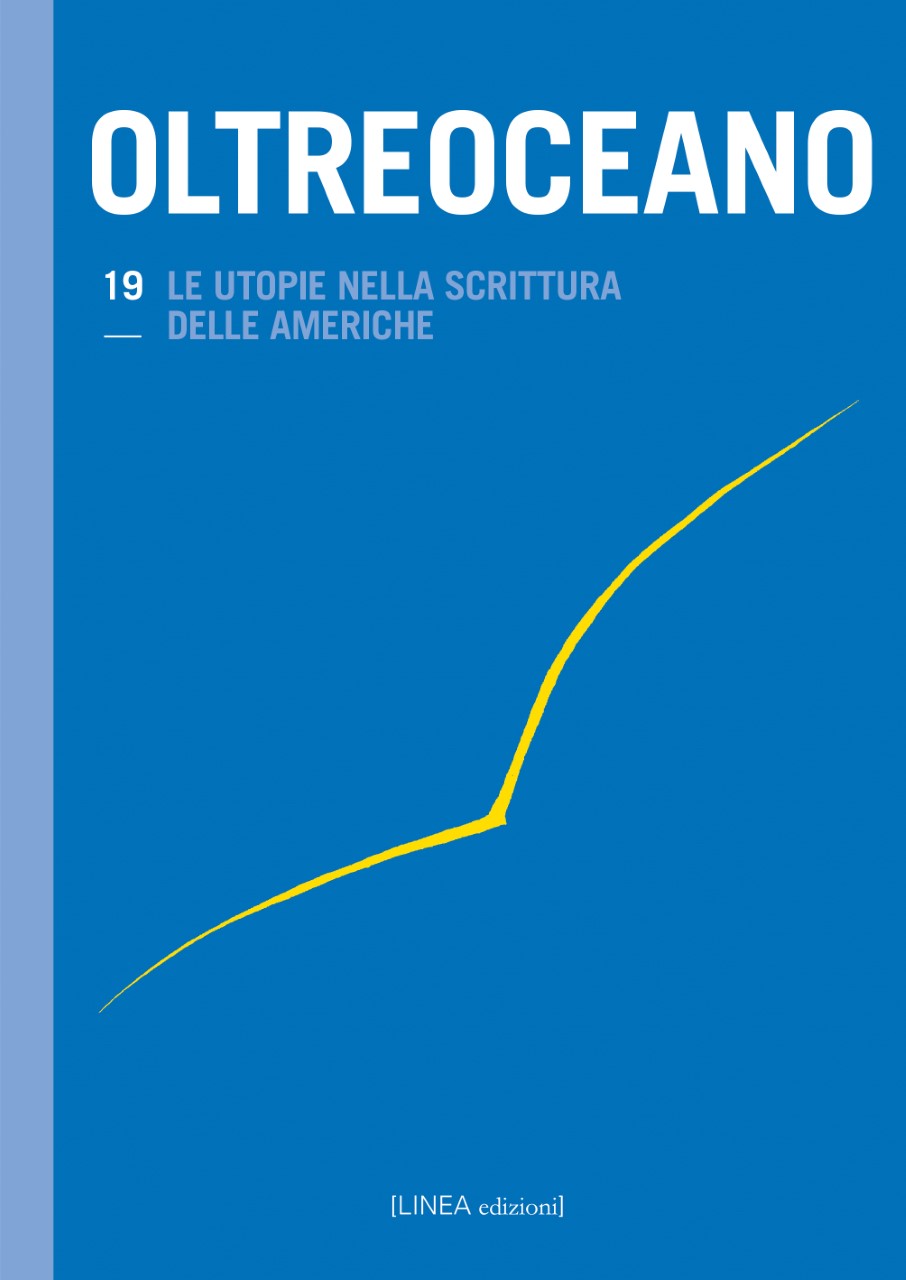Fascism, Populism and the Myth of the American Revolution in 20th Century US Literature
DOI:
https://doi.org/10.53154/Oltreoceano35Keywords:
American Revolution, fascism, dystopia, Nathanael West, Sinclair LewisAbstract
This essay sets out to observe the significance of the American Revolution as a literary trope and a rhetorical device in shaping US political imagination. Particularly, the Revolution served both utopian and dystopian rationales, including radical experiences such as fascism. I will examine this relevance in Nathanael West’s A Cool Million (1934) and Sinclair Lewis’s It Can’t Happen Here (1935).
Fascismo, populismo e mito della Rivoluzione Americana nella letteratura statunitense del XX secolo
Il saggio intende analizzare il ruolo della Rivoluzione americana come tropo letterario e strategia retorica nella formazione dell’immaginario politico statunitense. In particolare, la Rivoluzione ha alimentato logiche sia utopiche sia distopiche, sfociando in derive radicali come il fascismo. Saranno qui esaminati A Cool Million (1934) di N. West e It Can’t Happen Here (1935) di S. Lewis.
Downloads
References
Barthes, R. (1972): Mythologies. New York: The Noonday Press.
Bradbury, R. (1953): Fahrenheit 451. New York: Ballantine Books.
Clark, C. (2015): Time of the Nazis. Past and Present in the Third Reich. Geschichte und Gesellschaft, 25, pp. 156-187.
Engels, J. (2010): Enemyship. Democracy and Counter-Revolution in the Early Republic. East Lansing: Michigan State University Press.
Falasca Zamponi, S. (1998): Of Storytellers and Master Narratives: Modernity, Memory, and History in fascist Italy. Social Science History, 22, 4, pp. 415-444.
Finchelstein, F. (2017): From Fascism to Populism in History. Oakland: University of California Press.
Formisano, R.P. (2008): For the People. American Populist Movements from the Revolution to the 1850s. Chapel Hill: The University of North Carolina Press.
Kammen, M. (1978): A Season of Youth. The American Revolution and Historical Imagination. New York: Alfred A. Knopf.
Laclau, E. (2005): On Populist Reason. London: Verso.
Le Bon, G. (2002): The Crowd. A Study of the Popular Mind. Mineola (NY): Dover Publications.
Lévinas, E (1990): Reflections on the Philosophy of Hitlerism. Critical Inquiry, 17, 1, pp. 62-71.
Lewis, S. (1935): It Can’t Happen Here. New York: Doubleday, Doran and Company.
Santesso, A. (2014): Fascism and Science Fiction. Science Fiction Studies, 41, 1, pp. 136-162.
Shils, E. (1971): Tradition. Comparative Studies in Society and History, 13, 2, pp. 122-159.
Visse, R. (1992): Fascist Doctrine and the Cult of the Romanità. Journal of Contemporary History, 27, 1, pp. 5-22.
West, N. (1934): Two Novels by Nathanael West: The Dream Life of Balso Snell. A Cool Million. New York: Farrar, Straus and Giroux.
Downloads
Published
How to Cite
Issue
Section
License

This work is licensed under a Creative Commons Attribution-NonCommercial-ShareAlike 4.0 International License.
The authors undertake to comply with the following conditions, which are considered accepted at the time of submission of their contributions.
The sending of a text implies that it is unpublished and not submitted to be published elsewhere.
1. If accepted, the author shall confer on the publisher the right to publish and distribute it both in paper form and in the online electronic edition. The published articles will be downloadable and made available in open access.
2. Provided that it correctly indicates that the first publication took place in the journal Oltreoceano. Rivista sulle migrazioni the author has the right to: a) reproduce the article in separate extracts or collected in a volume; b) publish the article on their personal website or teaching site provided that these sites are of a non-commercial nature; c) deposit the article in online archives of a non-commercial nature, linked to the institution they belong to or as part of projects for the non-commercial dissemination and open access of scientific works.
The use of contributions by third parties, for commercial or otherwise unauthorized purposes, is not allowed. The publisher declines all responsibility for the unauthorized use of the material published in the journal.












